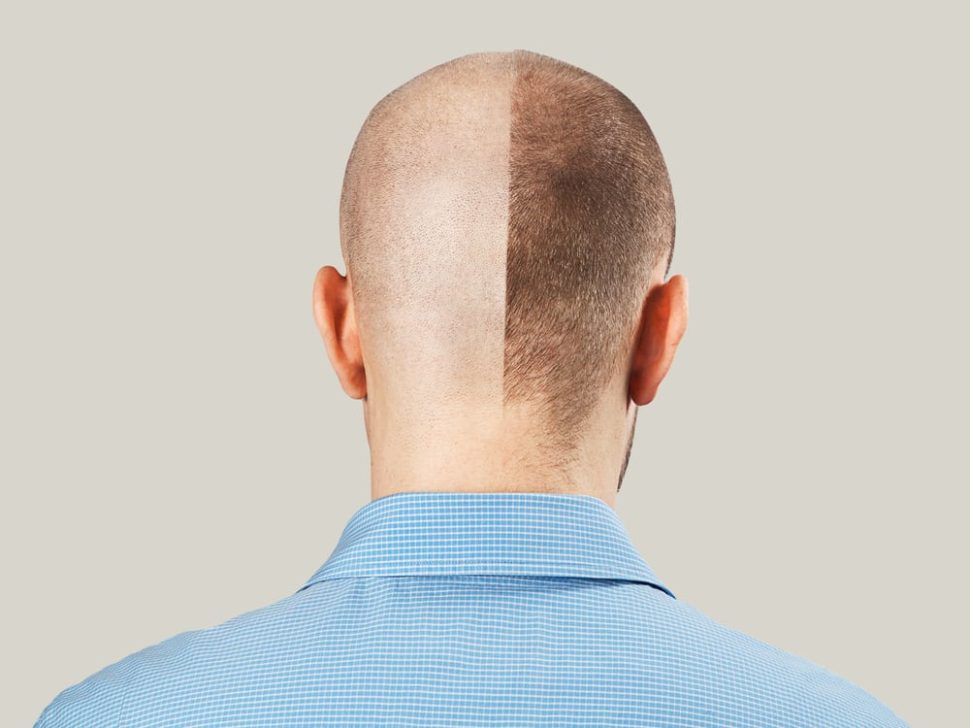A new drug successfully tested on mice promises to reverse balding, white hair, and skin damage.
Among the most noticeable aging changes affect the skin and the hair.
As we age, our hair gradually loses its natural color, density, and strength, while inflammation leaves our skin prone to wounds.
Many previous studies have pinpointed the link between diets high in fats and cholesterol and these hair and skin symptoms.
Recent research from Johns Hopkins Medicine, Baltimore not only highlights this link, it also proposes an experimental drug to reverse hair and skin damage induced by unhealthy diets and exacerbated by aging.
Read More: Mitochondria Discovery May Provide Cure to Dementia and Aging
In this study, Johns Hopkins Medicine researchers showed that mice fed on a high fat and high cholesterol diet developed hair whitening, hair loss, and skin inflammations.
“Our findings show that a Western diet causes hair loss, hair whitening and skin inflammation in mice, and we believe a similar process occurs in men who lose hair and experience hair whitening when they eat a diet high in fat and cholesterol,” said Subroto Chatterjee, a member of the research team.
Glycosphingolipids (GSLs) are the main components of skin, hair, and eye cells, implicated among other things in their pigmentation.
D-PDMP (D-threo-1-phenyl-2-decanoylamino-3-morpholino-1-propanol) is a new experimental artificial compound that inhibits the production of GSL fats.
When researchers gave D-PDMP in the form of liquid and capsules to these same mice for four weeks, a reversal of skin and hair damage symptoms occurred.
Mice which regrew their hair also regained its natural color, and their skin inflammation reduced.
The team was quick to point out that while the new drug seems to work wonders in mice, they are not sure it would have the same symptom reversal effects in humans or if it’s safe for them in the first place.
The results of this NIH-funded study, however, do suggest potential treatments for people against hair loss, discoloration, and skin damage induced by high fat/cholesterol diets.
Read More: Live Forever Young: Researchers Rejuvenate Old Human Senescent Cells
“Further research is needed, but our findings show promise for someday using the drug we developed for skin diseases such as psoriasis, and wounds resulting from diabetes or plastic surgery… Hopefully someday in the future this can mean faster, more effective recovery from baldness, hair whitening in aging populations and wound healing,” says Chatterjee.



















Comments (0)
Most Recent